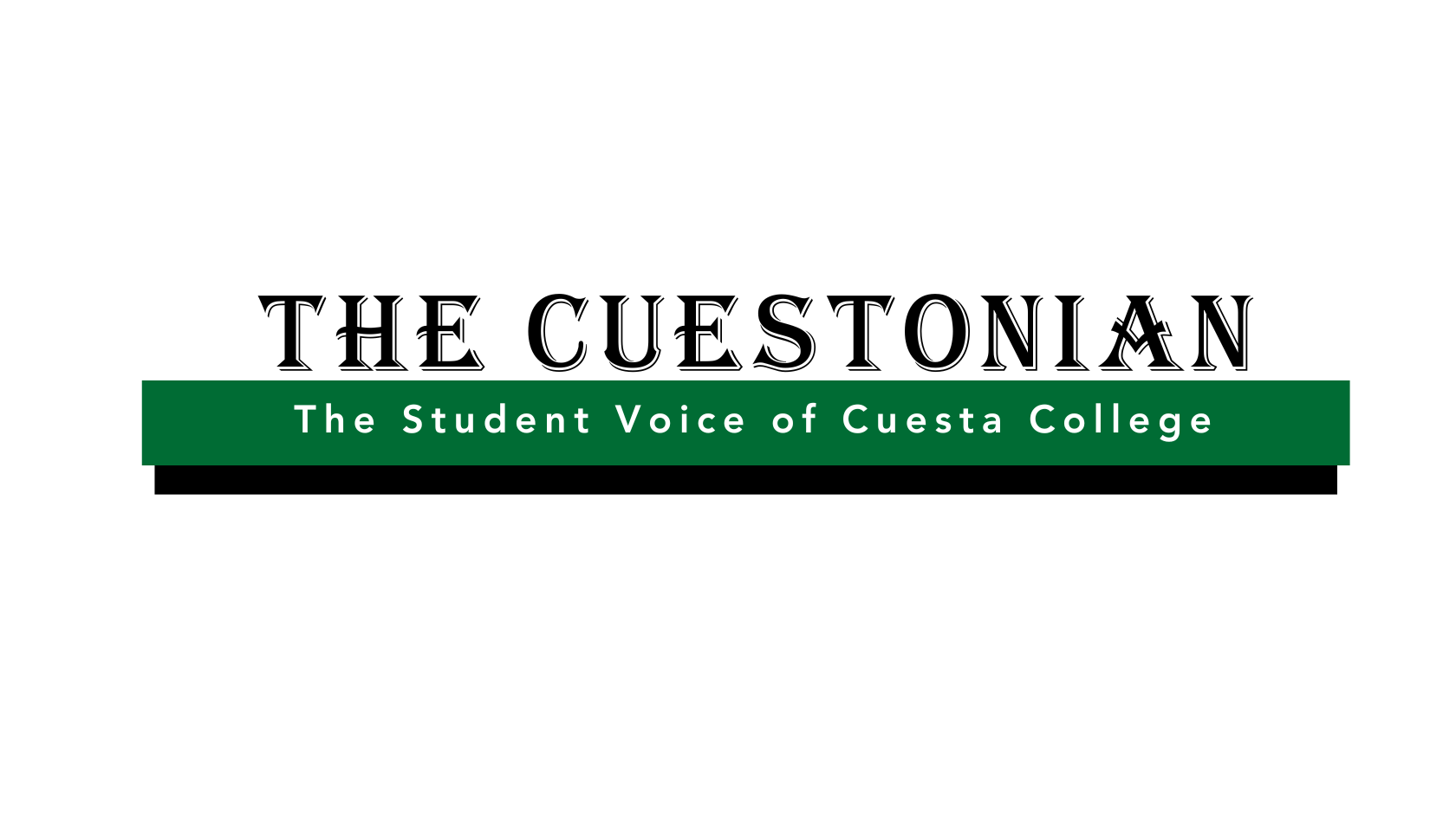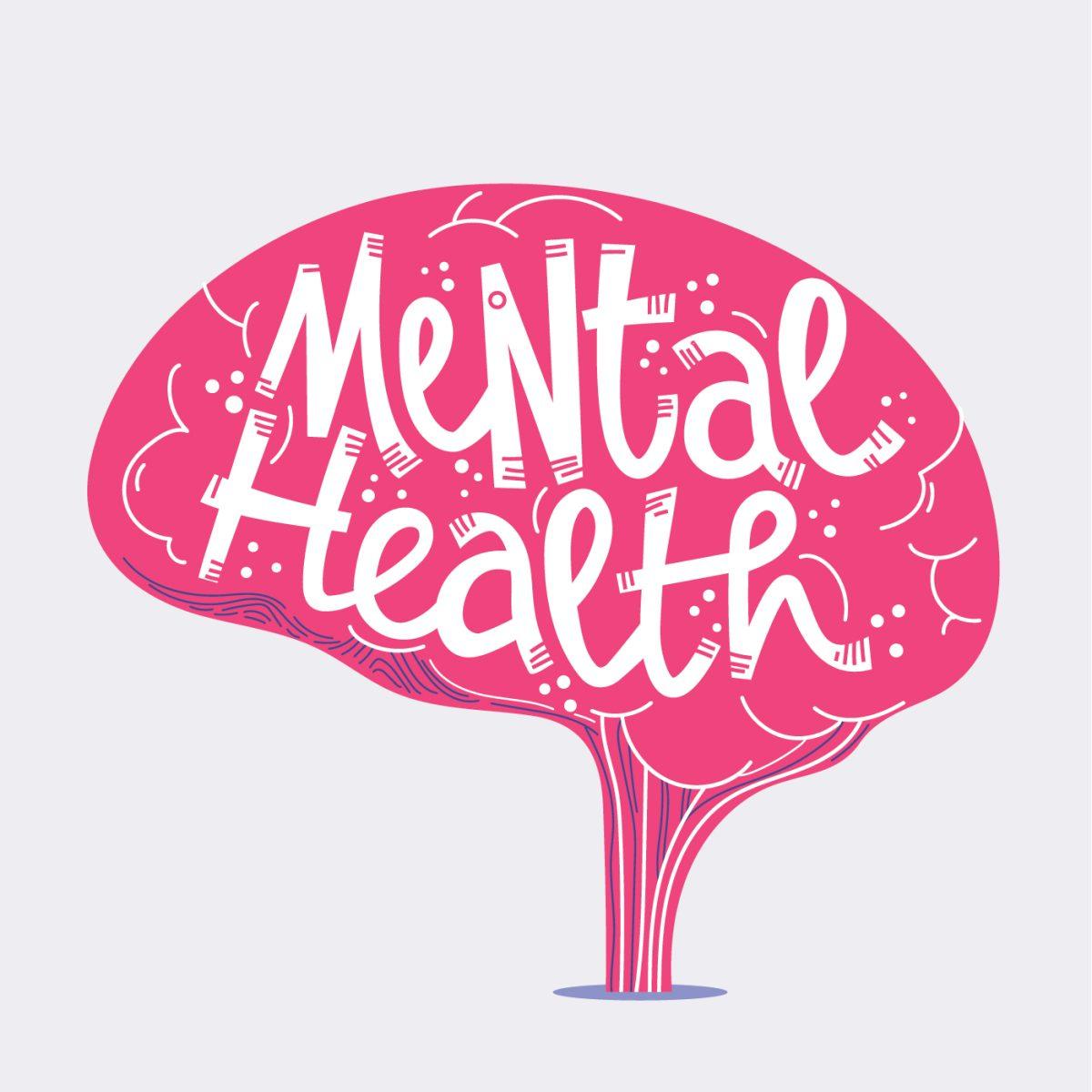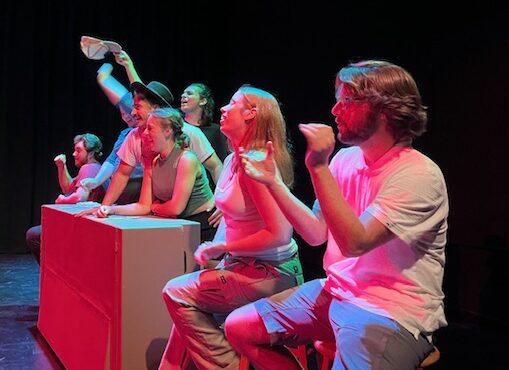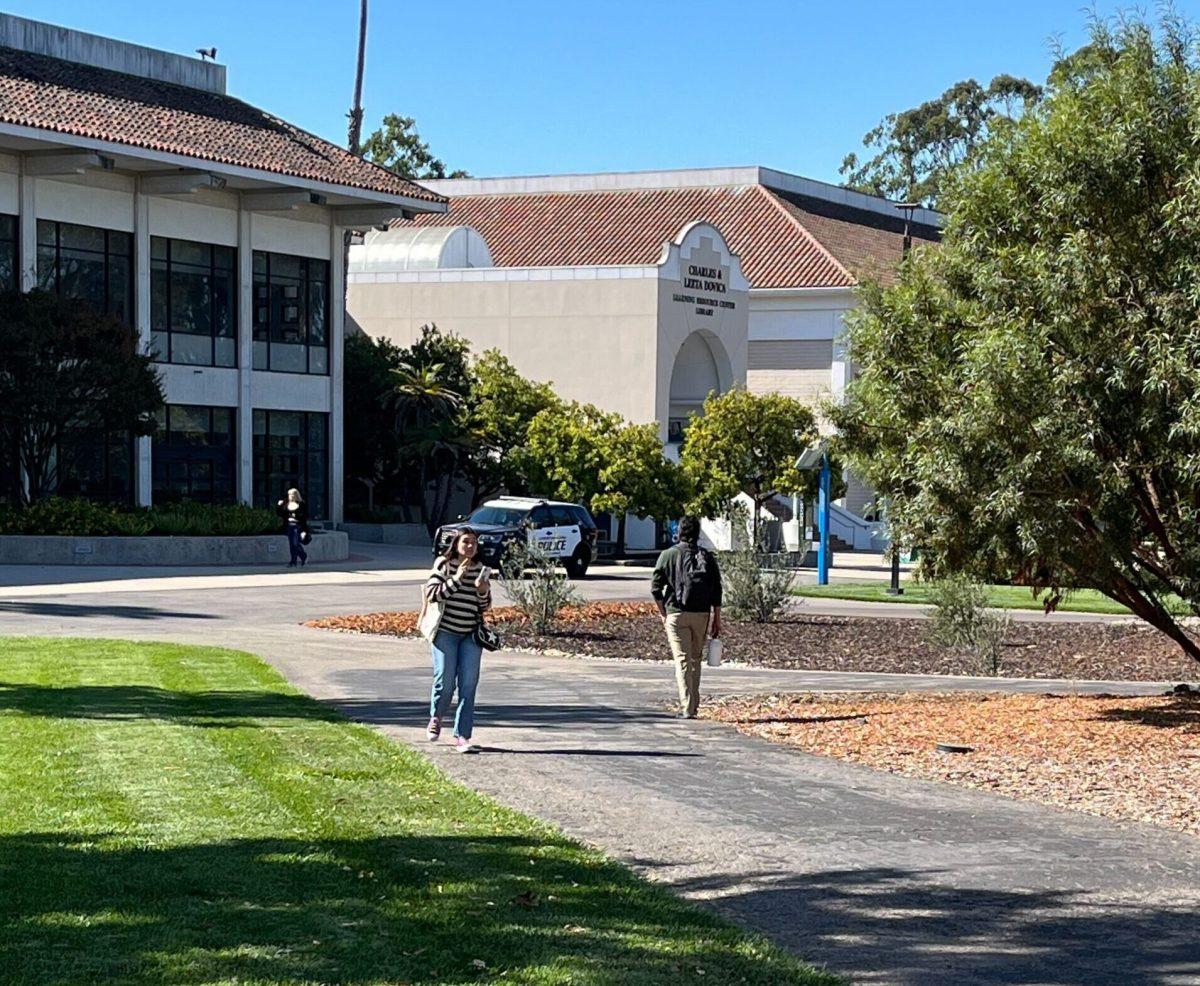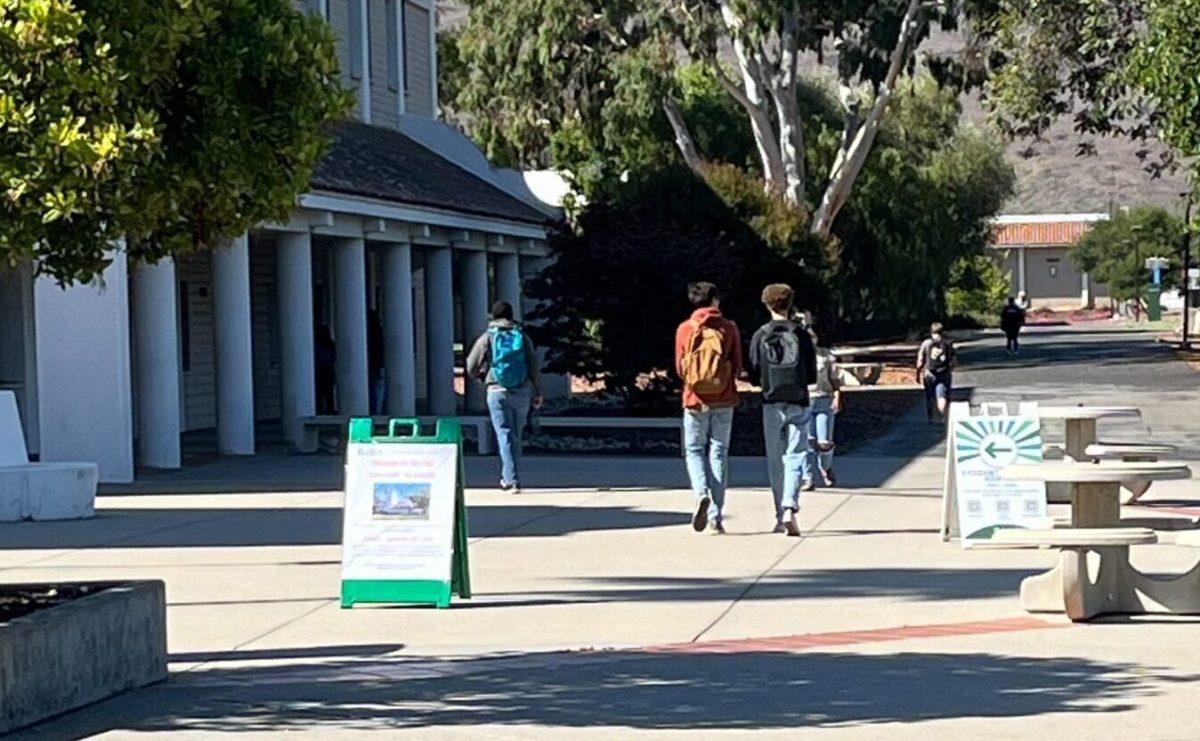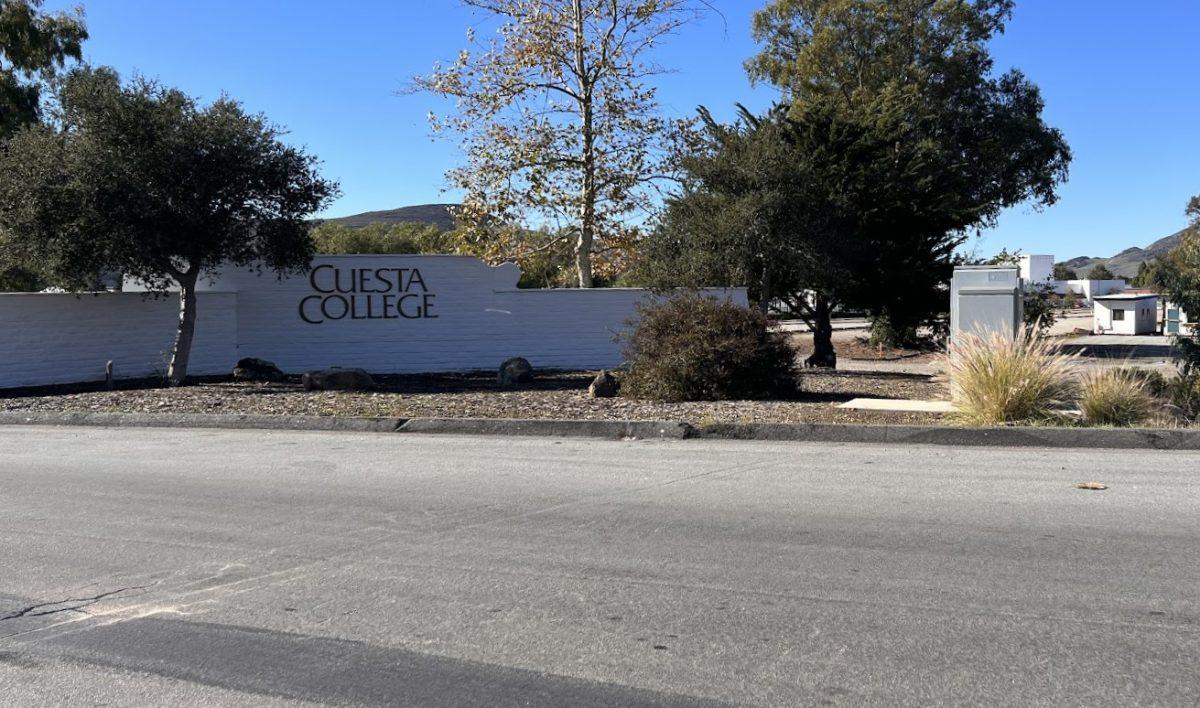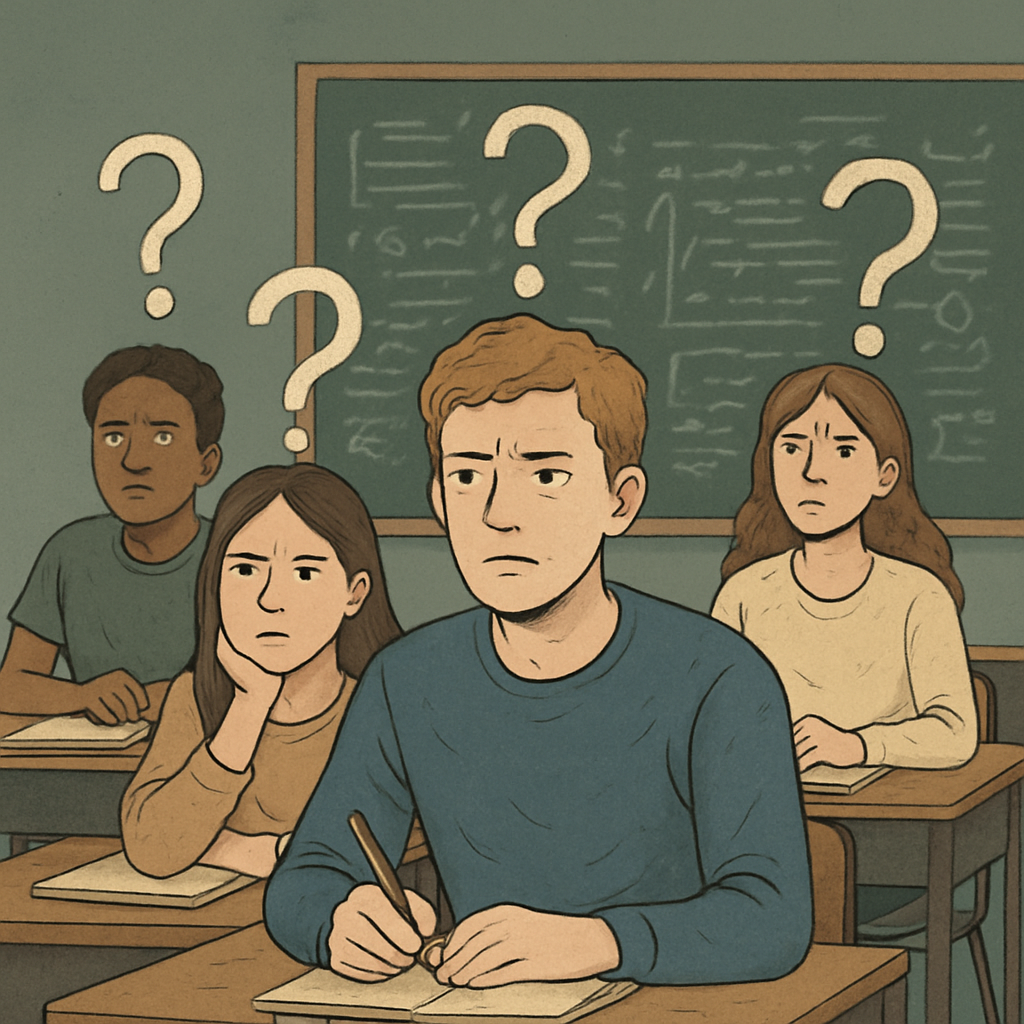The transition from high school to college brings a lot more independence, responsibility and stress.
Suddenly, it’s not all fun and games anymore. Now there are sacrifices, and decision making.Â
Young adults need to know what to study, where to transfer, have a backup plan, work a job so one could save enough money to be able to move out and start their own life. In the beginning it sounds fun, to have our own independence and make our own day. And for the first semester, it was!
All of sudden, class and work begins to interfere with plans made with friends or family. Or the struggle and hunger for money begins to take up the majority of our time and mind.
It wasn’t until these difficulties emerged that life seemed to really change. Slowly, the ability to live and enjoy the moment and present day, began to diminish.
This is when my mental health began to decline.
My mind had begun to wonder, and I became self conscious about every action I made or wanted to make, as I knew it could affect my future. This led to many sleepless nights thinking about God knows what. Even after waking up, I still felt the pressure of my thoughts from the night before, and it would affect me the whole day.Â
Then, the mild panic attacks would begin.Â
It would feel as if I had no room for any more thoughts in my head, and I had to have all the answers to all my questions right then and there. This would occur normally before any social gatherings, or shifts at work.
I would take naps whenever this happened, even if it was as little as 10 minutes. This was the only way I knew to get rid of the inner panic I had.
The day finally came when I sought professional help for my everyday battle with anxiety. After trial and error, I was finally prescribed a pill that would get rid of my panic attacks and limit anxiety. Looking back, seeking professional help was an action that needed to be taken way sooner.
Thankfully, Cuesta College offers help where students can begin their journey of seeking help for their mental state. These services include:
- Individual therapy
- Group therapy
- Couples therapy
- Referrals for long-term care
- Referrals for drug and alcohol services
- Education and outreach
- Crisis prevention and intervention
- LGBTQIA+
- Self esteem, Violence, Roommate concerns, Anger management, Boundary and limit setting skills, Self-harm and/or suicidal ideation, Sexual harassment/sexual assault, Depression, Relationships, Disordered eating and more.
Students who do take use of such services are given six sessions per semester. In a crisis, they can be seen for a crisis intervention session, leading to a potential referral to a mental health specialist.
Andrea Echeverri Betancur, the Student Health Program Specialist at Cuesta College, feels it is incredibly important to seek help.
“The college years are an exciting time for personal growth, but they can also bring academic, social, and financial pressures, which can create mood swings or affect students’ mental health,” Echeverri Betancur said. “Mental health problems can affect many areas of students’ lives, reducing their quality of life, academic achievement, physical health, and satisfaction with the college experience, and negatively impacting relationships with friends and family members.”
A national survey found that 66% of college students felt counseling and mental health therapy services improved their academic performance. However, a survey of more than 2,000 undergraduates showed that only one in five college students use peer counseling.
Hopefully, we will see these numbers continue to rise as campuses are beginning to re-open after the lockdown from the COVID-19 pandemic.Â
“At the Student Health Center, we believe in the importance of designing educational & communicative strategies to promote health and well-being as part of our students’ lifestyle,” Echeverri Betancur said. “Health education builds students’ knowledge, skills, and positive attitudes about physical, mental, emotional, and social health. It motivates students to improve and maintain their well-being, prevent disease, and reduce risky behaviors.”
Such services can be found at both the San Luis Obispo and Paso Robles campuses:
San Luis Obispo: Building 3100, Room: 3150 | Phone: (805) 546-3171
Hours: Monday-Thursday: 9 a.m. – 4:30 p.m. | Friday: 9 a.m. – 1 p.m. (Virtual appointments only)
NC Paso Robles: Building: 1000 Room: 1013 | Phone: (805) 591-6201
Hours: Tuesday and Thursday: 8:30 a.m. – 5 p.m.
Scott Sandstrom, a writer, meditation instructor, personal trainer, and life coach for 17 years, recently moved to SLO County and discussed mental health amongst college students:
“People have a hard time figuring out or trying to understand themselves on a deeper level just in general. I think there’s a lot of distractions that people have. We have information superhighway. We’ve got the media.
It really is a simple solution but you first got to see what’s right in front of you. I spend two hours a day meditating and I don’t have all the impact of impulsive lifestyle from these times where kids are just so distracted. If a college kid or anybody, I think just knowing what your biggest problem is and being able to see it, then you have the ability to take action. The first thing is that people don’t see their biggest problem, and their biggest problem is that they’re not responding to their life in a way that’s necessary.
Sometimes I teach wildly important goals. It’s a way of goal setting. And sometimes just kick starting your energy and creating a power within, with a good goal and being proactive about your life is one way of doing it too. Getting in your body, exercising, meditating…when it comes to anxiety, you either deal with the problem which I tend to try to do, which is to figure out why you’re anxious. But as far as being able to deal with anxiety in itself, knowing how to manage the anxiety, doing stuff like being physical, doing meditation, eating well.”
Sandstrom has helped me get to where I am today, and I credit him for helping me get out of my slump. Check out his website Embracelifesolutions.com to learn more about Sandstrom and his services, or visit this website for additional mental health resources.
Once I found myself in a less anxious state every day, I noticed major changes in how I look and feel towards life.
I became more social, active, motivated and, most importantly, happy! It’s as if I finally saw the way life’s supposed to be looked at; all its beauty and opportunity.Â
Especially where we live on the Central Coast in SLO County. More and more I would find myself exploring and taking advantage of what this area has to offer.

Whether that be surfing at any of the area’s beautiful beaches, hiking the numerous trails or simply just trying a new restaurant. Since I started fighting back my anxiety, I began to appreciate the beauty of the area we live in, which I feel I had never done before and took for granted.

I recently stopped taking my medication, because I feel it doesn’t really help anymore.
This isn’t to say I no longer struggle with anxiety, but I now know ways I can bring myself out of my panic and build momentum/motivation to get up and enjoy what I am blessed with.
Mental health is something that can’t be overlooked.
Please take advantage of the services provided by Cuesta College. SLO campus in person hours are 9:00 a.m. – 4:30 p.m., and telehealth appointments are held on Fridays. In case of emergency, contact 911 or the SLO Mental Crisis hotline at (805) 783-0607.

